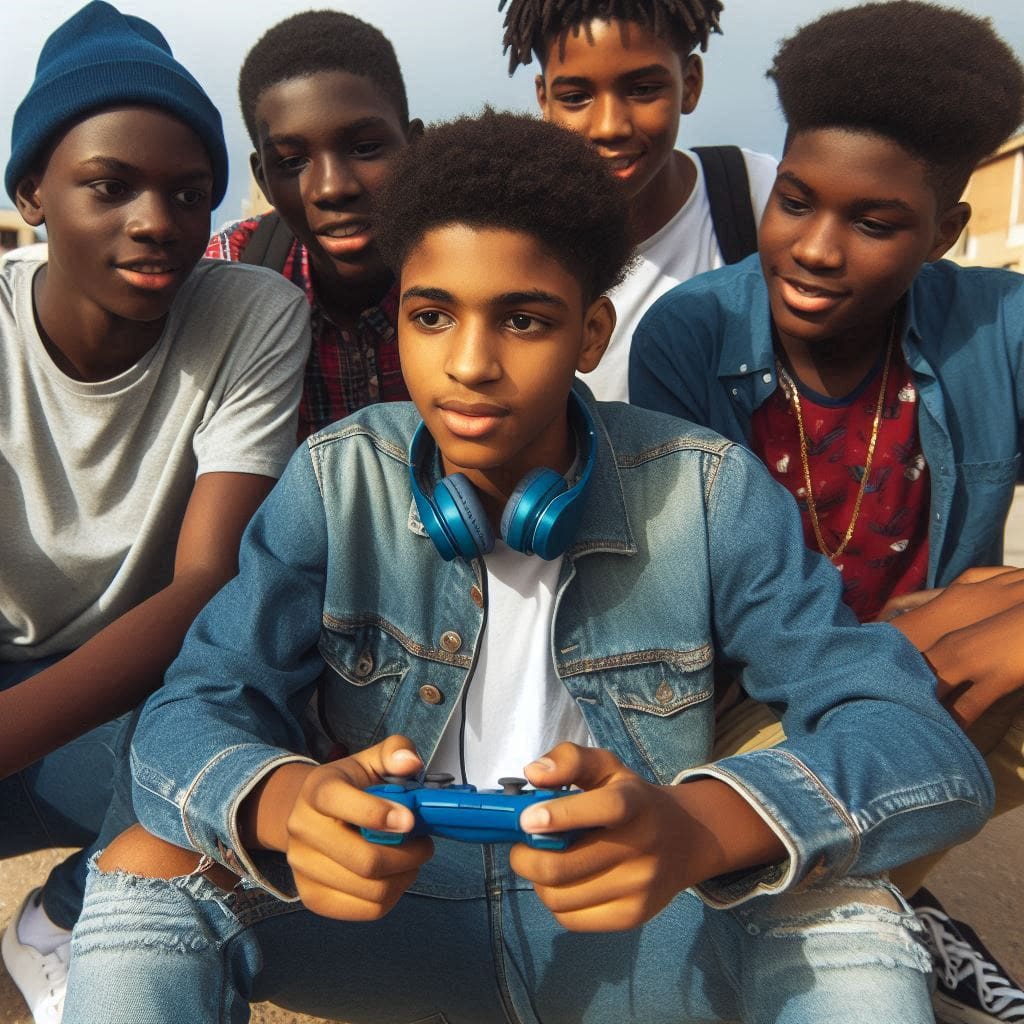
Overprotectiveness comes from a place of love and care. Parents naturally want to shield their children from harm, hoping to help them grow into strong, confident adults.
However, despite these good intentions, overprotectiveness can have the opposite effect. It often does more harm than good, leaving lasting impacts on children that extend into adulthood.
Overprotectiveness is when a parent, usually a mother, is excessively concerned with shielding their child from any potential harm or difficulties. This means they go beyond normal safety measures and try to control every aspect of their child’s life to keep them safe.
Who is an Overprotective Mother?
An overprotective mother is someone who tries to prevent her child from experiencing any risk, discomfort, or failure. She might closely monitor her child’s every move, make decisions for them, and limit their opportunities to try new things. Her actions are driven by a strong desire to protect her child, but they can end up being too controlling.
Signs of Overprotectiveness
- Constant Supervision: Keeping a close eye on everything the child does, even in safe situations.
- Making All Decisions: Choosing the child’s activities, friends, and even their school subjects.
- Limiting Experiences: Preventing the child from trying new things or facing challenges.
Negative Consequences of Overprotectiveness
- Lack of Independence: Children may struggle to make decisions and solve problems on their own because they are not given the chance to practice these skills.
- Low Self-Esteem: If a child is constantly shielded from challenges, they may feel less confident in their abilities and worth.
- Anxiety: Overprotected children may develop anxiety about new experiences or situations because they have not learned how to handle them independently.
- Social Skills: Overprotectiveness can limit a child’s interactions with peers, affecting their ability to build relationships and work well in social settings.
- Difficulty Coping: When faced with real-life challenges, overprotected children might struggle more because they haven’t had the chance to deal with difficulties on their own.
Additional Consequences of Overprotectiveness
- Fear of failure: Overprotected children might be afraid to try new things because they fear disappointing their parents or making mistakes.
- Difficulty handling criticism: Constant praise and protection can make it hard for children to handle negative feedback.
- Delayed development: Children need to explore and make mistakes to learn and grow. Overprotectiveness can hinder this development.
- Financial dependence: Some overprotected children might struggle to become financially independent as adults because they’ve always relied on their parents.
- Difficulty handling stress: Because they’ve been shielded from challenges, they might struggle to cope with life’s normal ups and downs.
- Unrealistic expectations: Overprotective parents often have high expectations for their children, which can lead to stress and disappointment if the child doesn’t meet those expectations.
- Resentment: As children grow older, they might resent their parents for not letting them experience life fully.
- Difficulty adjusting to adulthood: Transitioning to college or independent living can be extremely challenging for overprotected individuals.
It’s important to remember that every child is different, and the effects of overprotectiveness can vary. However, it’s generally agreed that allowing children to experience challenges and learn from their mistakes is crucial for their overall growth and well-being.
Impact on Relationships and General Life
Relationships with Others: Children who are overprotected might have trouble forming healthy relationships. They may rely too much on others to handle their problems or feel anxious around peers.
Overprotectiveness can also affect a child’s life in other ways:
- Difficulty in school: Children who are always rescued by their parents might struggle in school when they need to be independent.
- Trouble with jobs: As adults, they might find it hard to hold a job because they are used to someone else taking care of everything.
Letting Kids Explore and Face Challenges: A Good Thing

When kids are allowed to try new things and deal with problems on their own, it helps them grow in amazing ways.
Better Development
- Stronger brain: Solving puzzles and trying new things makes their brains work harder and smarter.
- More confidence: Learning to do things by themselves makes them feel proud and brave.
- Good problem-solver: Facing challenges teaches them how to find solutions.
- Better at making choices: Deciding what to do helps them make good choices later in life.
Better Relationships
- More friends: Kids who try new things meet lots of new people.
- Better at sharing: Working with others teaches them to share and cooperate.
- Understanding others: Dealing with different people helps them understand how others feel.
- Stronger family bond: Overcoming challenges together makes the family closer.
Remember, it’s okay for kids to make mistakes. It’s how they learn and grow!
Finding a Balance
To support a child’s growth, it’s important to balance safety with allowing them to face challenges. Encouraging independence and providing opportunities to learn from mistakes can help children become more confident and resilient.
Parting Words
Overprotectiveness, while often rooted in love and care, can have lasting negative effects on a child’s development. When parents shield their children from every potential risk or challenge, they may unintentionally hinder their ability to grow into confident, resilient individuals.
Children need to face challenges and make mistakes to learn important life skills like problem-solving, decision-making, and self-reliance. Without these experiences, they may struggle with low self-esteem, anxiety, and difficulty forming healthy relationships.
Encouraging independence in a supportive way allows children to develop the skills they need to navigate the world successfully, fostering their mental and emotional well-being. Finding the right balance between guidance and freedom is key to raising well-rounded and capable individuals.



